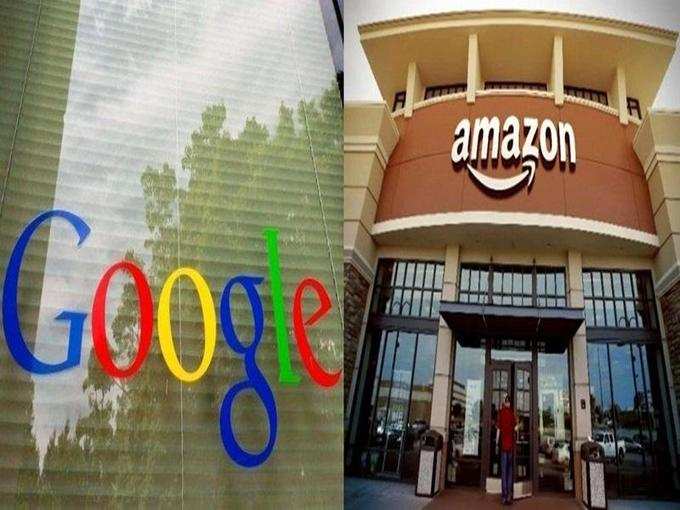
Sir Francis Bacon said, "Knowledge is power", but then he lived in 16th century Britain and we are living in digital times, where knowledge has given up its spot to information and dusty scrolls in libraries have given way to servers storing much more information. We give out our personal information voluntarily to entities such as
Over the years, Google and Amazon, thanks to their laurels as top search engine and shopping network respectively, have amassed unfathomable amounts of personal information. While Google has been channelling that to target user-specific ads through Google Adwords, Amazon is trying to enter this field.
If you think Amazon is simply the biggest shopping cart in the world, you are grossly mistaken. Over the years, mostly after Google tried to put up a small fight against Amazon's online retail dominance through
Besides Amazon, other noteworthy names in the game are: Google that knows what people search for online and Facebook that has real-time data on what people like and share. Both offer highly valuable insights to brands who want to target the users.
Now, the question is how much valuable data Amazon has in its grasp?
Last year, more than 93% of Google's $59.8 billion was earned through ad-selling. In 2013, Facebook made $7.8 billion through ads. Last year, Amazon earned only 5% of it $74.5 billion revenue through ads. With 'Amazon sponsored links', this number will exponentially increase. This is mainly due to the kind of data Amazon has; it knows what people want to buy. From the point of view of brands, that kind of information is more likely to result in sales per click than data about what people search for and what they like.
The troves of 'shopping data' Amazon has, will vastly improve the way ad agencies target consumers with user specific ads. For example, if you have been browsing for phones and have purchased previously from Amazon, it will not only tell sellers to target you with phone ads, but will also tell them which brands are more likely to end up in a transaction. It can do so based on your purchasing history. This is the kind of power Amazon potentially wields and sellers will surely lap it up like candy.
Google is not sitting idle either. It has greatly improved the way its ads work and with the rise of mobile internet and the popularity of Android, which is owned by Google, it is disrupting the shopping culture. Moreover, Android user can be pinged if a product he has searched earlier is around him. Google knows that people would rather check something out before buying it and with Android's help, is changing the way people shop in general.
There was a time when people found products and then made a decision to buy them. Now the table has turned. Products find people. The decision that we have to make is whether we are okay with being ’found’.
